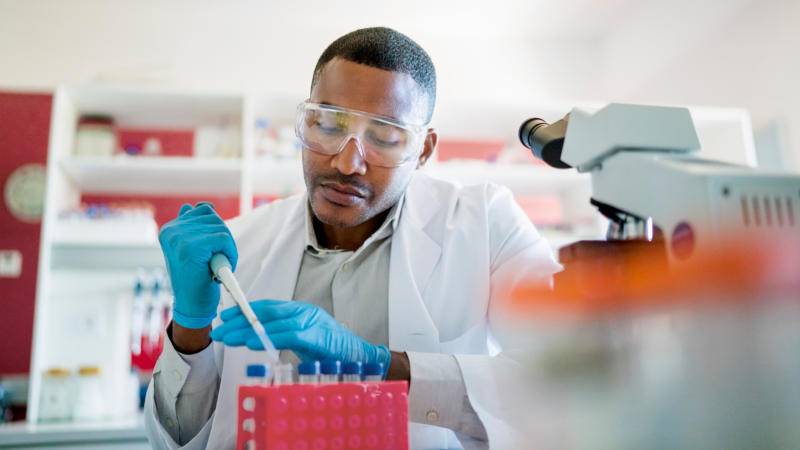The University of Alabama at Birmingham (UAB) and Tuskegee University received a $13.7 million grant on Nov. 8, in hopes of creating a systemic and sustainable culture while promoting inclusivity within the community of scientists.
Through the grant — in partnership with Faculty Institutional Recruitment for Sustainable Transformation (FIRST) — the two Historically Black Universities and Colleges (HBCUs) will hire and train 12 new research faculty members to push the mission forward for inclusive excellence in health disparities research, according to a press release.
“We are proud to continue our partnership with Tuskegee University in this endeavor to build a community of scientists committed to inclusive excellence by recruiting early-career faculty committed to promoting diversity and inclusion while addressing health disparities,” UAB Marnix E. Heersink School of Medicine Dean and Senior Vice President for Medicine Selwyn Vickers, M.D. said in a press release.
The press release discloses that the faculty hired will represent areas of research strength and opportunity across both institutions, including cancer, obesity and diabetes, cardiovascular disease and neuroscience.
“Tuskegee University and UAB have longstanding and productive partnerships in research and the development of faculty scientists,” Tuskegee President Charlotte P. Morris said. “This NIH FIRST grant is an excellent opportunity to build on our years of work together. We are excited to be a part of this important initiative to nurture a culture of inclusive excellence among the faculty at both our institutions, while helping ensure the success of a new generation of researchers.”
Program hires will be designated as Benjamin-Carver Scientists in honor of former U.S. Surgeon General Regina Benjamin, M.D., and research scientist, Tuskegee faculty member, and humanitarian George Washington Carver.
The scientists will receive support throughout the program from sponsors, mentors, career coaches, institutional research navigators and professional development opportunities.
“This is an incalculable opportunity to attract and recruit faculty from under-represented populations and fully support their growth to become independent scientists,” said Clayton Yates, Ph.D., director for the Center for Biomedical Research and MPI of this award.


